- Thread starter
- #41
No one blames it on human activity. They blame it on the Milankovich cycles
Given that this extreme melting in Antarctica also took place over 100,000 years ago it's hard to blame it on human activity but they do blame it on human-induced climate change:
"Human-caused climate change has triggered wind shifts in Antarctica, according to a new study, driving accelerated melting across the continent's west coast."
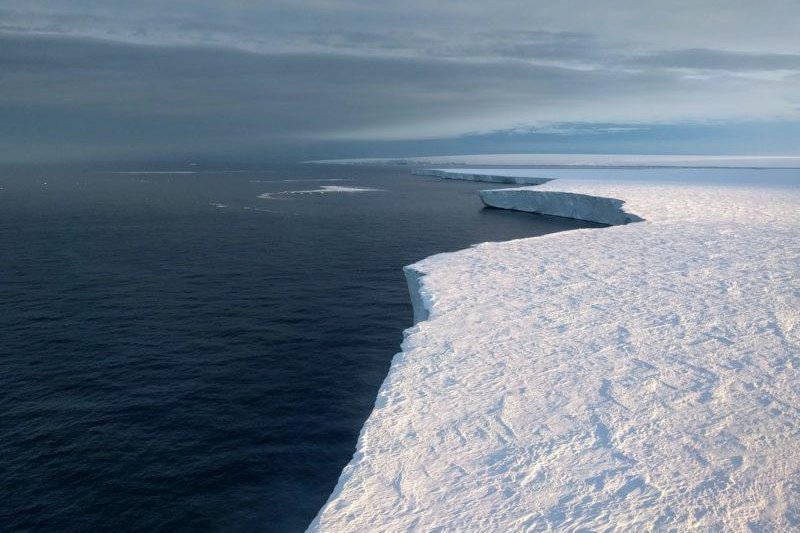
Wind shifts caused by human-induced global warming cause of West Antarctic's melting ice - UPI.com
Human-caused climate change has triggered wind shifts in Antarctica, according to a new study, driving accelerated melting across the continent's west coast.www.upi.com
"The region’s future is, to some degree, in our hands. The study authors also looked at how Antarctica’s wind patterns would respond if humans are able to reduce the production of greenhouse gases—or if they do not do so. “If we carry on emitting greenhouse gases at an uncontrolled rate, then by 2100, we’ll have winds that reliably blow toward the east”—meaning the winds that bring in the layer of deep warm water, Holland explains."
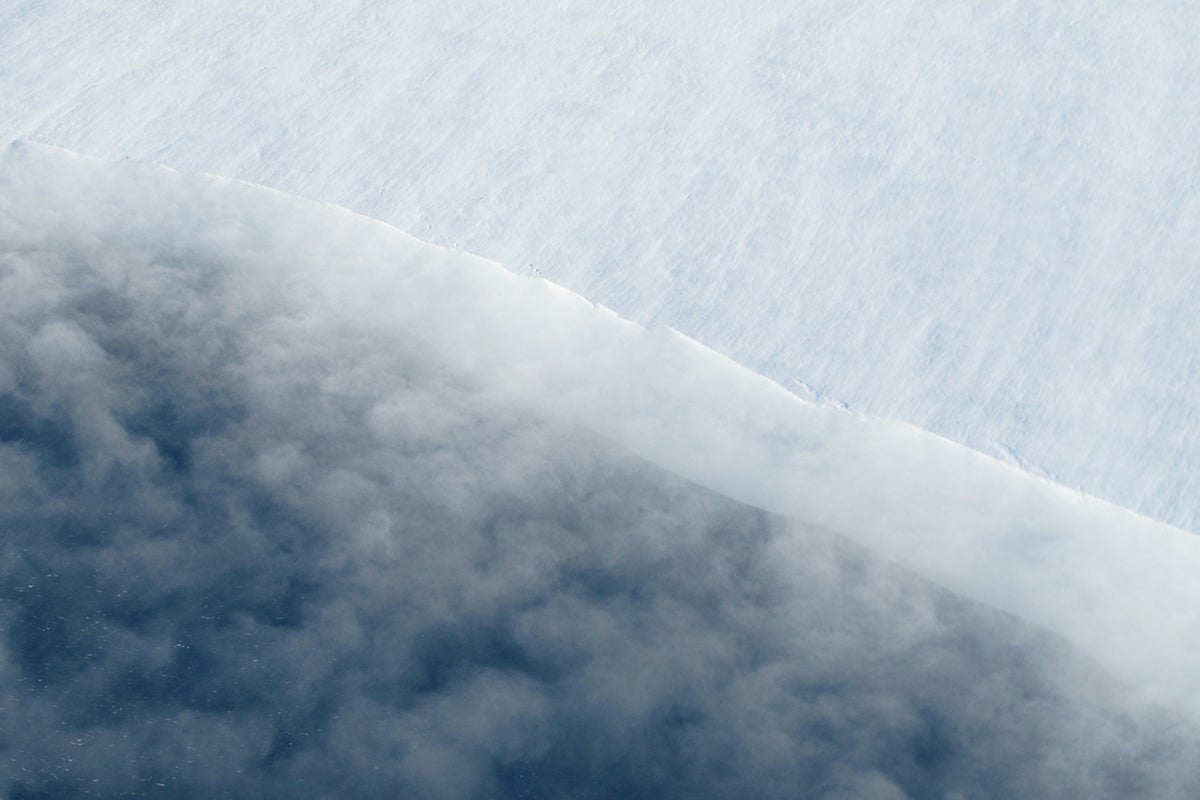
The Reason Antarctica Is Melting: Shifting Winds, Driven by Global Warming
A new study helps solve the puzzle of why the continent’s western glaciers are melting so fastwww.scientificamerican.com
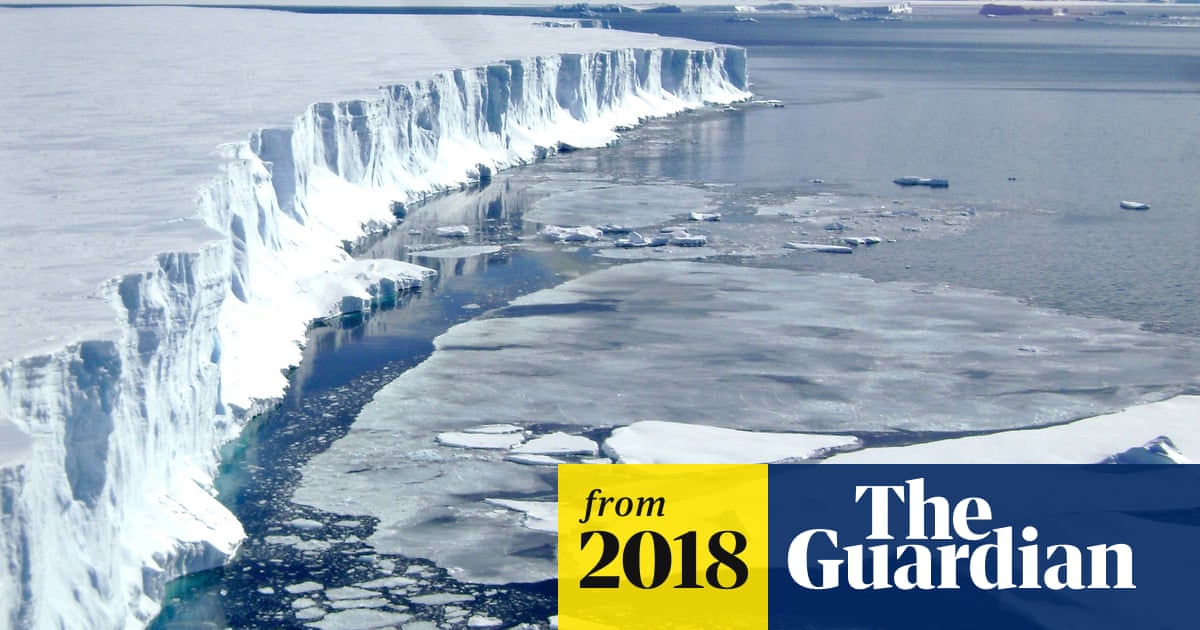
Global warming is melting Antarctic ice from below | John Abraham
John Abraham: Warming oceans melting Antarctic ice shelves could accelerate sea level risewww.theguardian.com
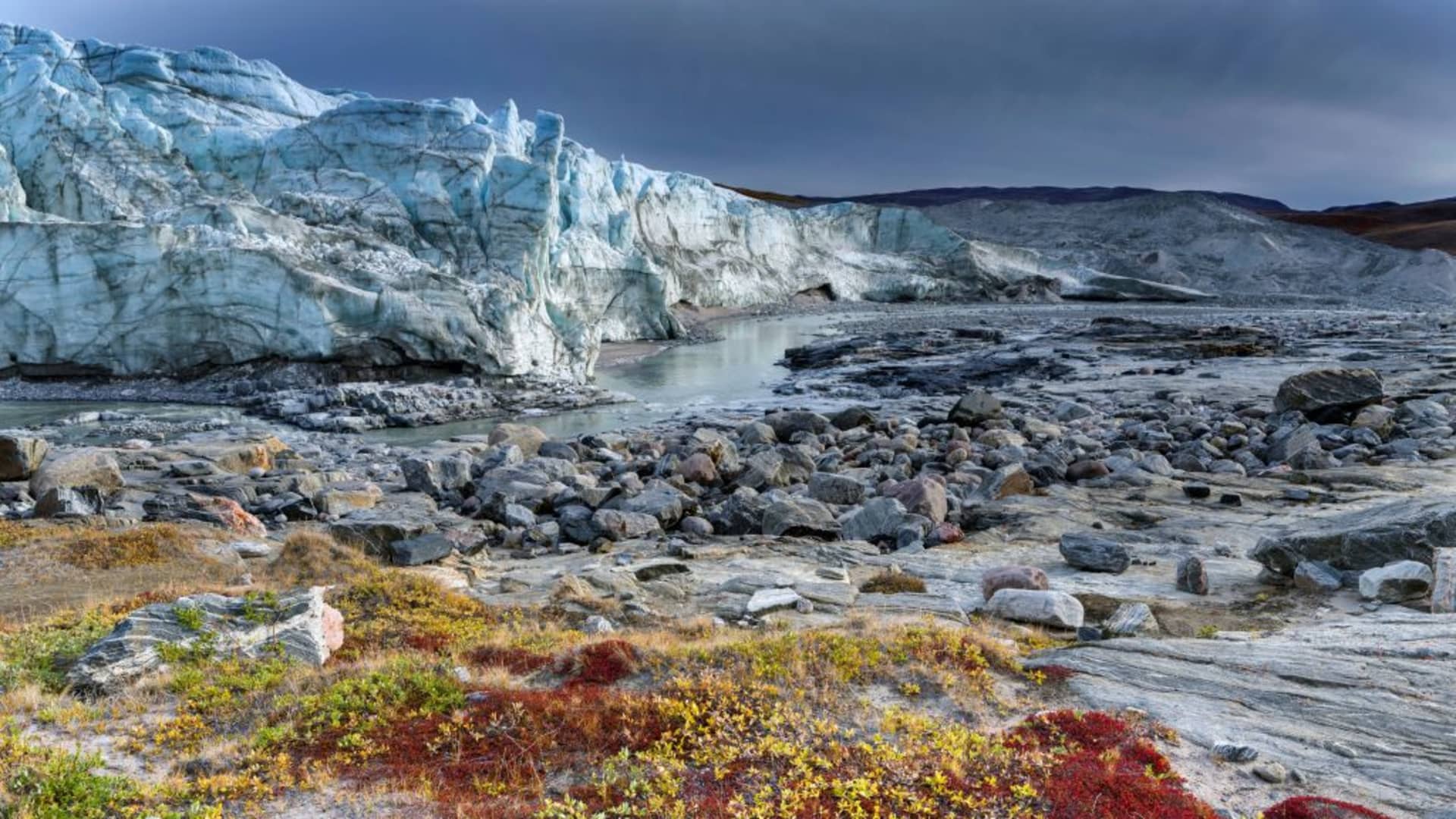
A new way of measuring ice melt in Antarctica, Greenland sounds alarm about global sea level rise
Global sea levels have risen 0.55 inches since 2003 due to ice melt in Antarctica and Greenland driven by climate change according to new data measurements from several NASA satellites.www.cnbc.com
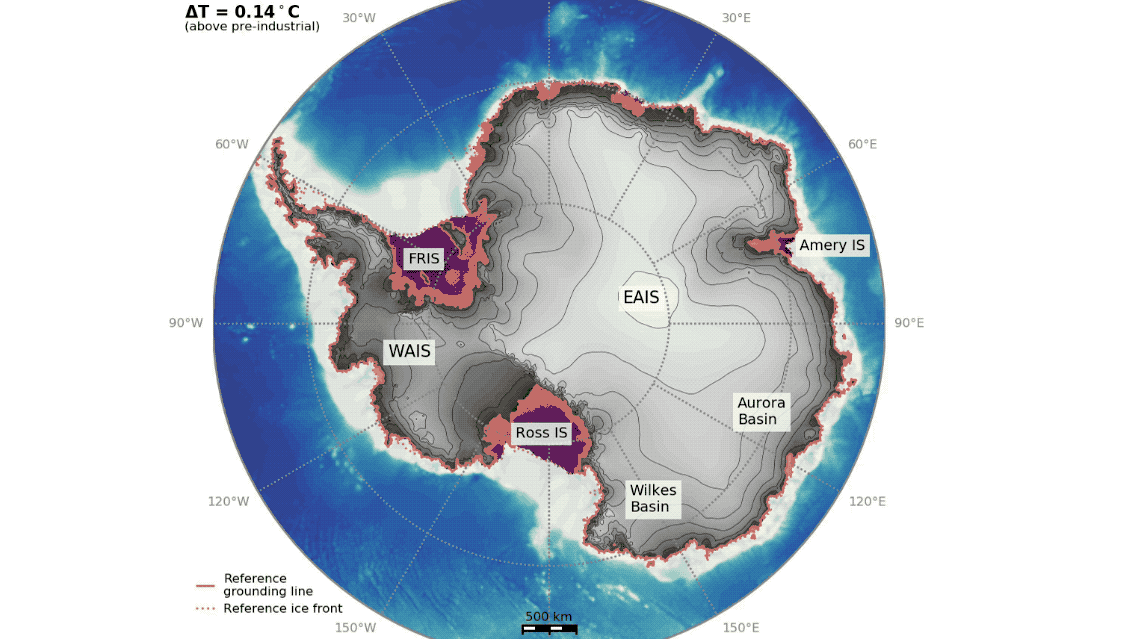
Antarctica could melt 'irreversibly' due to climate change, study warns
The change will take thousands of years, but we only have a century to stop it.www.livescience.com
I accept anthropogenic global warming as a valid description of the current behavior of Earth's climate. When I say "human activity" I am talking about human production of GHGs, deforestation and pollution.
